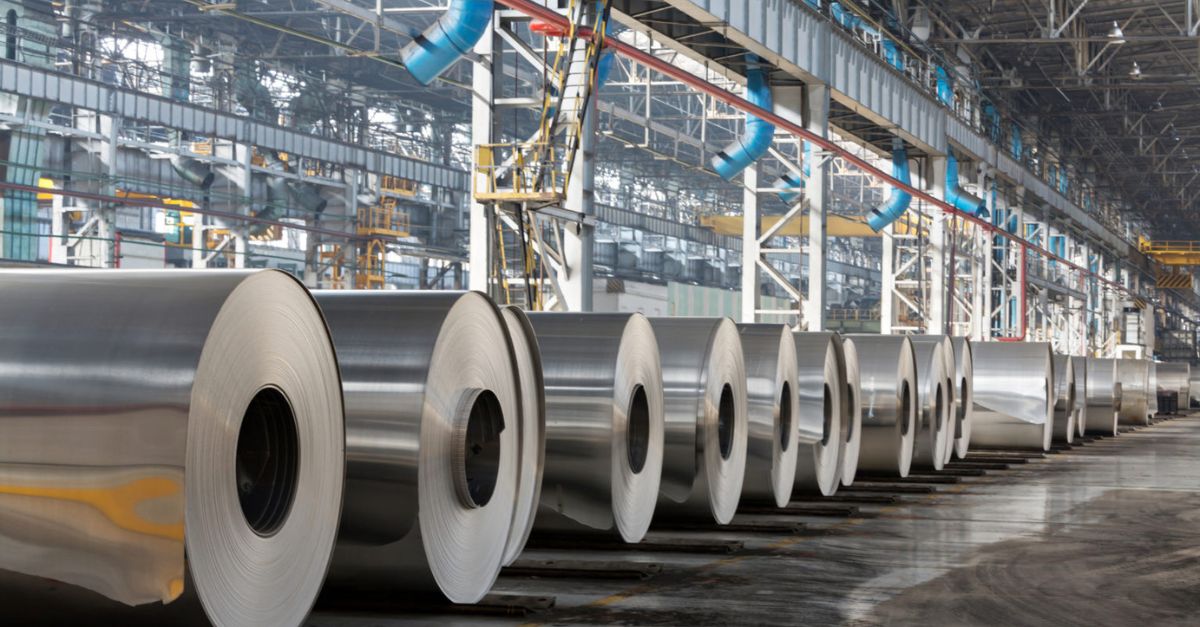India–US Trade Tensions Rise Over Steel and Auto Tariffs NMDC Limited reports a 38% drop in Q4 FY24 consolidated net profit RINL to Raise $23 Million Through Land Sales Amid Crisis

· China plans steel output cuts to reduce overcapacity, stabilize prices, and support industry restructuring.
· The move aims to boost profitability by limiting production from inefficient, high-emission mills while promoting green technologies.
· Global impact expected, with potential supply adjustments and price fluctuations, affecting international steel markets and trade dynamics.
China has unveiled plans to reduce steel production as part of its broader efforts to restructure the industry, curb overcapacity, and restore profitability. The move aims to stabilize the domestic market while ensuring sustainable growth in the long run.
The Chinese government has set ambitious targets for steel output cuts, primarily focusing on high-emission and inefficient steel mills. This step aligns with China’s push toward carbon neutrality and reducing industrial pollution. By limiting excess production, the country seeks to prevent further declines in steel prices, which have been affected by weak demand and oversupply.
Industry experts believe these output cuts will help struggling steelmakers by improving profit margins and enhancing overall market stability. However, concerns remain about the impact on global steel markets, as reduced Chinese production could lead to price fluctuations worldwide. Countries reliant on Chinese steel exports might see supply chain adjustments, while domestic steelmakers in other nations could benefit from reduced competition.
The restructuring plan also emphasizes innovation and efficiency, urging steelmakers to invest in modern technologies and adopt greener production methods. This move is expected to accelerate the transition to high-value steel products while meeting China's long-term economic and environmental goals.
China's steel industry has faced challenges due to slowing domestic demand, weak real estate activity, and trade tensions. By imposing production limits, authorities aim to create a more sustainable and resilient industry, mitigating risks associated with oversupply.
While the immediate effects of the cuts remain uncertain, the decision is a crucial step in China's ongoing efforts to balance industrial growth with economic stability and environmental responsibility. The global steel market will be watching closely as these policies take effect in the coming months.
Also Read : China lithium carbonate futures extend rally on supply concerns China’s Ansteel Achieves Breakthrough in Hydrogen-Based DRI Production